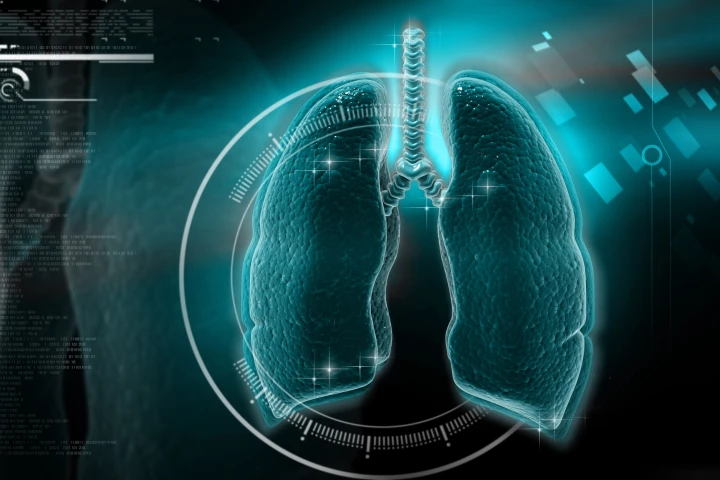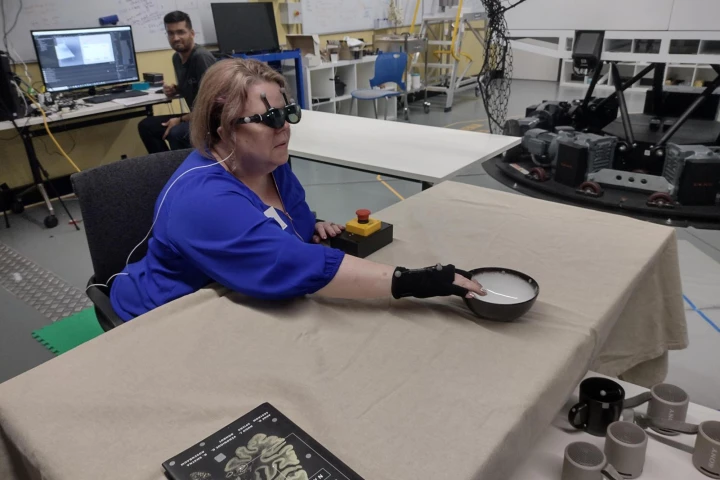University of Technology Sydney
-
After a century of false starts, scientists believe they have found a way to make cells burn more energy without the dangerous side effects – and it could be a breakthrough that reshapes weight-loss and anti-aging medicine as we know it.
-
Vitamin C may offer meaningful protection against the invisible but pervasive threat of fine-particle air pollution. The common antioxidant significantly reduced lung inflammation and cellular damage caused by everyday, low-level exposure to PM2.5.
-
Every day new articles about "revolutionary breakthrough!" in AI hit my screen. The latest headline was "Torque Clustering" and "autonomous AI is on the horizon." But is it really? I did a deep dive with simple analogies to figure it out.
-
Along with Schrödinger’s Cat, the Infinite Monkeys Theorem is one of the most famous thought experiments. A new study, with tongue firmly in cheek, has calculated that you might be waiting seven googol years for your Shakespeare.
-
Researchers developed an AI algorithm that automatically analyzes chest X-rays to rapidly detect COVID-19 infection with more than 98% accuracy, distinguishing between normal X-rays and X-rays from people with viral pneumonia.
-
There may be new hope for stroke victims and other "locked-in" people who are unable to communicate by conventional means. It comes in the form of the experimental new BrainGPT system, which is able to read users' thoughts and convert them into readable text.
-
Inspired by bats’ use of echolocation, researchers have developed smart glasses that transform visual information into unique sound representations that enhance the ability of blind and vision-impaired people to navigate their surroundings.
-
More than 300,000 Americans aged 65 and older are hospitalized for hip fractures each year. But researchers have found that even tiny lifestyle changes can boost bone strength to a level that greatly reduces the incidence of these serious fractures.
-
A new study has found that government legislation like that recently introduced in the EU can be effective at moderating harmful social media content, even when it comes to fast-paced platforms such as X (formerly Twitter).
-
Australian researchers have developed an AI algorithm called SpermSearch that can accurately identify sperm in severely infertile men in a fraction of the time it takes scientists, providing hope to men who want to father biological children.
-
Researchers have demonstrated how effective plants are at ridding the air in your home, school, or workplace of toxic, potentially cancer-causing pollutants, providing a sustainable, low-cost way of ensuring that the air you breathe is cleaner.
-
Preeclampsia is a potentially deadly condition amongst pregnant women, but the condition can be difficult to diagnose. Now, Australian researchers have developed a quick, accurate new test using nanoparticle-based technology and novel biomarkers.
Load More











